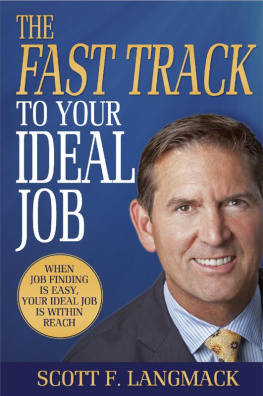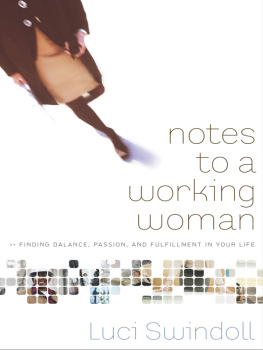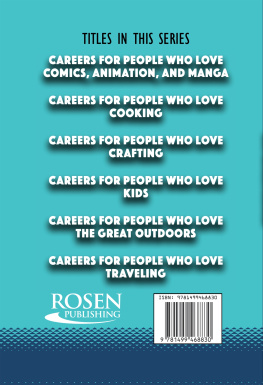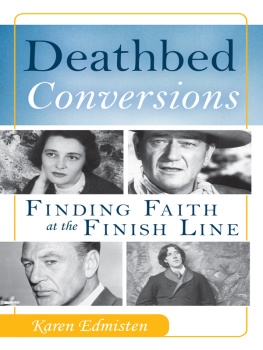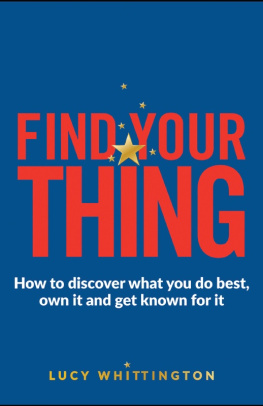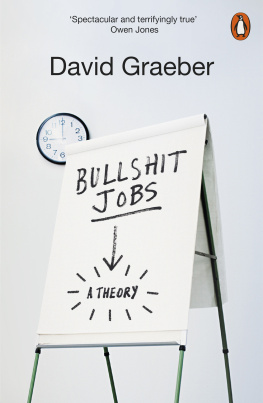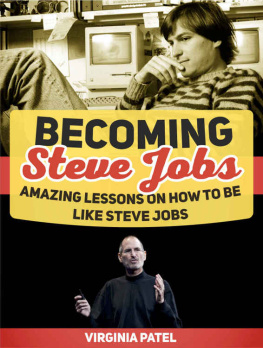

The Fast Track to Your Ideal Job Copyright 2012, all rights reserved
ISBN: 9781626753440
For Diane Langmack Howell
The Fast Track to Your Ideal Job
Preface
This book will help you get a great job. Although many believe that setting a timeframe for finding a job is unrealistic, the steps outlined within these pages will show you that it is possible to find the job you always wanted without spending much time. Although there are numerous job-finding books in the market, this one is different and is proven to work. It will show you that making changes and attaining career success is easy. So, have fun reading and get ready for great things.
The process of invention can be one of the most rewarding experiences in your work life. Thus, why not start thinking of yourself as an invention in progressan invention designed to add value to others by doing something you love. All you need to do is open your eyes and the plan for this invention will be revealed to you within the pages of this book. Most importantly, never settle for less than you know you deserve.
I have been coaching people on job finding and careers for some twenty years and have seen the job market from many perspectivesas an interviewer, hiring manager, job search coach, job industry technology entrepreneur, just to name a few. I have run large business groups in companies such as Microsoft and Wilson Sporting Goods, led global marketing for Pepsi-Cola, and Ive been involved with tech start-ups backed by top venture capital firms, such as Kleiner Perkins Caufield and Byers and Benchmark Capital. I am currently the CEO of BlueChipExec.coma web company that automates the key principles outlined in this book.
My journey that has led me to this point, like most peoples stories, has several seminal moments that represent my own process of self-invention and reinvention.
I had an unconventional, yet terrific childhood, which included numerous movesfrom California, to Arizona, to Maryland, to England, to Norway, and back to California. This has provided many challenges, as I had to quickly adapt to new surroundings, make new friends, and leave the old life behind, but has also provided plenty of vivid memories of sledding in Maryland, rowing a boat across a fjord in Norway, playing soccer in boarding school in England, and camping with Boy Scouts with my dad as Scoutmaster.
My life changed dramatically when I was twelve years old, as my dad moved across the country, without us. From then on, I would see him for no more than a weekend or two a year. My dad was a dreamer, and like many dreamers, he lacked sound business sense. In hindsight, he had a knack for selecting the worst business partners possible. As a result, from my teen years onward he was always broke, but as a child I never lost hope that things would change and I would go on to get a new drum set, a grand ski vacation, or get a new motorcycle for my next birthday or as a Christmas present.
The birthdays and Christmases came and went, and not only did the presents not arrive, but my dad was so embarrassed to have failed to fulfill his promises that he would often not even call. It was quite an empty feeling, and although my mom was a star and did everything she could, I eventually realized that I could no longer rely on my father. I woke up the morning after my fourteenth birthday with a new perspective. I knew deep down that anything I was expecting to get in my life I would have to earn for myself. This new perspective allowed me to pass through the rest of my adolescence without being angry at my dad, as I understood that he meant well, and he just wasnt able to find a way to make money without getting an actual job.
Looking back, this was the most influential time in my life, as it helped me understand the importance of personal responsibility. The benefit of seeing the world this way was simpleI realized that, in order to get what I wanted in life, I needed to create and implement a plan that could lead to success. However, the flipside of this approach is fear. Once you live through being brokethe kind of broke where you cant pay the rent, your belongings are repossessed, and you cant repair the caryou dont want to be in that place again.
My next pivotal point in life that provided me with yet another essential perspective came when I was a sophomore in college and started to consider my future. I decided that, since I was going to work for the rest of my life, it would be far better to work in great jobs than lousy ones. It wasnt hard for me to envision that a great job would be a combination of something that I would enjoy doing that also paid well. I pursued that objective by getting an MBA at the University of Southern California, and getting a foothold was easier from that point on. I know now that the advanced degree is a shortcut, but you dont need one to get your career on the fast track.
My own experience in job finding throughout the years included all the ups and downs that most people experience. Initially, I had no idea whatsoever on how to get a job, and over time I let the coincidental opportunities that presented themselves direct my interest. Even so, there were jobs that I wanted badly and didnt get. In some cases, I was so unprepared that I shot myself in the foot. There were interviews where I had no idea what I was doing or saying, and I mostly looked for an exit door. Still, over time, I had just enough luck and confidence to get into some great roles and Ive had a lot of fun working in those positions.
The experiences I went through over the years gave me an idea for this book and a website, as I felt that I could help other job seekers find their ideal jobs. In 2010, I realized that the years most affected by the recession have left many without jobs and no idea how to get one. As I pondered on this issue, I discovered a fundamental problem: The most stable employees were often the least informed and confident in their approach to finding a job. These people just had very little experience in the job search process, and most were unsure of how or where to look for a plan.
Although most of us have looked for and found several jobs over the years, and everyone seems to have an opinion on how to best approach job search, I could not find a book or a website that provided a clear answer to the questions: What is the ideal job search plan? What is the most efficient and effective way for people to go about a job search? How can people conduct a job search that is energizing and void of the drudgery so common in a job search?
I was meeting with people because I had a background in technology solutions, having started a company that integrated the elements of career sites, HR departments, hiring managers, recruiting firms, and job seekers. In this process I worked closely for several years with heads of HR from top companies, which helped me understand the dizzying amount of technology solutions they are presented with. Mostly, they wrestle with an evolving state of the job posting and job application management, and they all seem to be trying to sort out how to get more candidates from internal referrals. I also worked with many executive search consultants, head hunters as they are affectionately called, which gave me an insiders understanding about how their industry works. And since I was running a jobs tech company in Silicon Valley, I studied the competitive environment of job web sites.
It was during dozens and dozens of sessions with job seekers that I realized the conventional wisdom for job hunting, many of the guides on job hunting, and most peoples advice were wrong. Besides lacking a clear direction, people were being swayed by a job-posting industry that had lost all relevance, and most people simply were not aware of how futile most of their efforts were.
Next page
